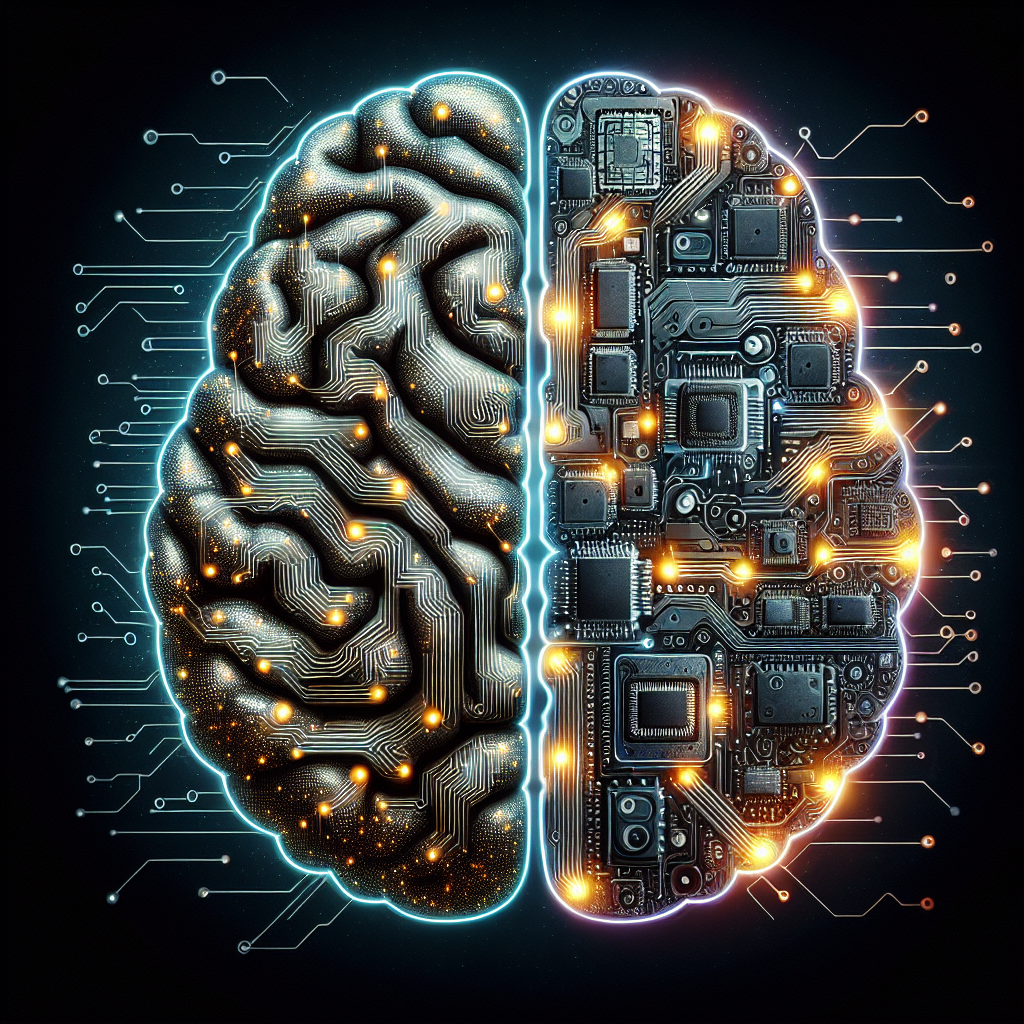Artificial General Intelligence (AGI) is the next frontier in the field of artificial intelligence. Unlike narrow AI, which is designed for specific tasks, AGI is intended to perform any intellectual task that a human can do. This level of intelligence is often referred to as “strong AI” or “full AI” because it encompasses the full range of human cognitive abilities.
AGI has the potential to revolutionize industries, drive innovation, and solve some of the world’s most pressing challenges. However, unlocking the full potential of AGI requires overcoming a number of technical, ethical, and societal challenges. In this article, we will explore what AGI is, why it is important, and how it can be achieved.
What is AGI?
AGI refers to the ability of a machine to understand and learn any intellectual task that a human can do. This includes tasks such as reasoning, problem-solving, perception, and natural language processing. AGI goes beyond narrow AI, which is designed for specific tasks like playing chess or recognizing faces.
The ultimate goal of AGI is to create machines that can think and reason like humans, with the ability to learn new tasks and adapt to new situations. This level of intelligence is often compared to the human brain, with its ability to process complex information, make decisions, and solve problems.
Why is AGI important?
AGI has the potential to transform industries and society in profound ways. Here are some of the key reasons why AGI is important:
1. Solving complex problems: AGI has the potential to tackle some of the world’s most complex challenges, from climate change to healthcare. By harnessing the power of AGI, we can develop innovative solutions to these problems and drive progress in areas that were previously thought to be insurmountable.
2. Driving innovation: AGI can fuel innovation by enabling machines to perform tasks that were previously thought to be beyond their capabilities. This can lead to new products, services, and technologies that improve our lives and drive economic growth.
3. Enhancing productivity: AGI has the potential to boost productivity by automating repetitive tasks and streamlining processes. This can free up human workers to focus on more creative and strategic tasks, leading to greater efficiency and effectiveness in the workplace.
4. Improving decision-making: AGI can help us make better decisions by analyzing vast amounts of data and identifying patterns and trends that humans may not be able to detect. This can lead to more informed and evidence-based decision-making in a wide range of fields.
How can AGI be achieved?
Achieving AGI is a complex and challenging task that requires advances in a number of key areas. Here are some of the key factors that will contribute to the development of AGI:
1. Machine learning: Machine learning is a key component of AGI, as it enables machines to learn from data and improve their performance over time. Advances in machine learning algorithms, neural networks, and deep learning techniques are essential for achieving AGI.
2. Cognitive architectures: Cognitive architectures are frameworks that model human cognition and intelligence. By developing cognitive architectures that mimic the structure and function of the human brain, researchers can lay the foundation for AGI.
3. Natural language processing: Natural language processing is essential for enabling machines to understand and communicate with humans. Advances in natural language processing techniques, such as language models and dialogue systems, are crucial for achieving AGI.
4. Ethics and safety: Ensuring the ethical and safe development of AGI is essential to its success. Researchers must address concerns about privacy, bias, accountability, and control to ensure that AGI benefits society without causing harm.
5. Collaboration and interdisciplinary research: Achieving AGI requires collaboration and interdisciplinary research across a wide range of fields, including computer science, neuroscience, psychology, and philosophy. By bringing together experts from different disciplines, we can accelerate progress towards AGI.
Frequently Asked Questions (FAQs)
Q: What are the potential risks and challenges of AGI?
A: AGI poses a number of risks and challenges, including concerns about job displacement, privacy and security, bias and discrimination, and the potential for misuse. Researchers and policymakers must address these challenges to ensure that AGI benefits society without causing harm.
Q: How close are we to achieving AGI?
A: While significant progress has been made in the field of AI, achieving AGI is still a distant goal. Researchers continue to work on developing the necessary technologies and techniques to build machines that can think and reason like humans. It is difficult to predict when AGI will be achieved, but it is likely to be many years or even decades away.
Q: What are some of the ethical considerations of AGI?
A: Ethical considerations of AGI include concerns about privacy, bias, accountability, and control. Researchers must address these ethical considerations to ensure that AGI is developed and deployed in a responsible and ethical manner. This includes implementing safeguards to protect against misuse, ensuring transparency and accountability in decision-making, and promoting fairness and equality in the use of AGI.
Q: How can I get involved in the development of AGI?
A: If you are interested in getting involved in the development of AGI, there are a number of ways to contribute. You can pursue a career in AI research or engineering, participate in open-source projects, attend conferences and workshops on AI, and engage with the AI community through online forums and social media. By staying informed and actively participating in the development of AGI, you can help shape the future of artificial intelligence.
In conclusion, AGI has the potential to unlock the full potential of artificial intelligence and revolutionize industries and society. By developing machines that can think and reason like humans, we can tackle complex challenges, drive innovation, and improve decision-making. Achieving AGI will require advances in machine learning, cognitive architectures, natural language processing, ethics, and collaboration. While there are risks and challenges associated with AGI, addressing these concerns can help ensure that AGI benefits society and leads to a brighter future for all.

